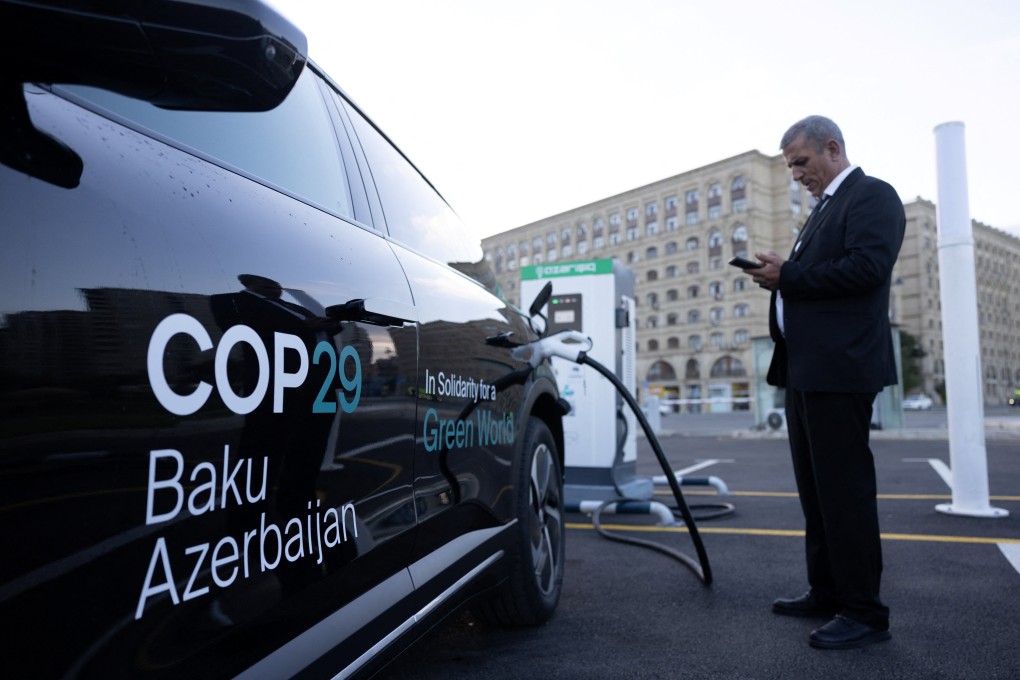Letters | Conflict of interest should have ruled out Azerbaijan as Cop29 host
Readers discuss protecting the legitimacy of the COP climate talks, how a hit film is tapping Hong Kong’s rich traditions and the sales of phone subscriptions to foreign domestic workers

Feel strongly about these letters, or any other aspects of the news? Share your views by emailing us your Letter to the Editor at letters@scmp.com or filling in this Google form. Submissions should not exceed 400 words, and must include your full name and address, plus a phone number for verification
In the run-up to the meeting, the BBC reported that the chief executive of Azerbaijan’s Cop29 team – who is also Azerbaijan’s deputy energy minister and is on the board of Socar, the national oil and gas company – had appeared to have “used his role to arrange a meeting to discuss potential fossil fuel deals”.
What can one expect in terms of progress towards achieving the 1.5 degree Celsius limit for global warming – which requires fossil fuel production to be phased out worldwide – in the presence of such basic conflicts of interest within the very process that is supposed to achieve this ambitious goal?
Basic ethics should have precluded both petrostates, Azerbaijan and the UAE, and their top energy policy officials from being the organisers and chairs, respectively, of the two most recent UN climate meetings. If not ethics, then at least simple common sense on the part of the relevant decision-makers, who are hopefully concerned about the legitimacy of the process in the eyes of the entire world, should have prevailed.
Andreas V. Georgiou, Darnestown, Maryland, US